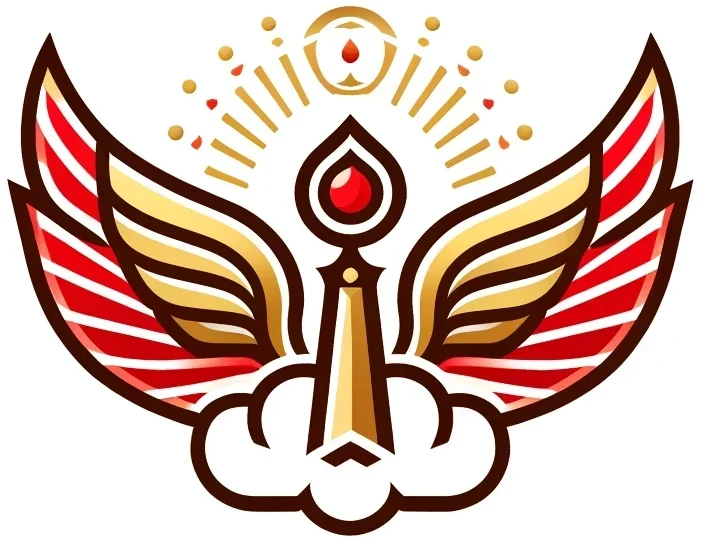Year 1: Foundation and Community Building
- Research and Documentation:
- Conduct thorough research on the historical role, functions, and significance of the Magi in Zoroastrianism. Utilize resources from scholarly articles, historical texts, and existing Zoroastrian communities.
- Document rituals, practices, and knowledge associated with the Magi, creating a comprehensive guide.
- Community Engagement:
- Establish a network with Zoroastrian communities worldwide to gather insights and support.
- Launch a website (eFireTemple.com) as a central hub for information, updates, and community interaction.
- Educational Programs:
- Develop online and offline educational programs to teach about the Magi, their history, and their practices.
- Collaborate with universities and religious institutions to offer courses and workshops.
Year 2: Training and Development
- Training Programs:
- Design and implement training programs for individuals interested in becoming modern Magi. These programs should cover Zoroastrian theology, rituals, and community leadership skills.
- Partner with existing Zoroastrian temples and organizations for practical training and mentorship.
- Certification and Recognition:
- Establish a certification process to officially recognize trained Magi. This could involve examinations and practical assessments.
- Work with global Zoroastrian associations to gain recognition and support for the certification.
- Resource Creation:
- Create comprehensive training manuals, videos, and other resources to support the training programs.
- Translate key Zoroastrian texts and Magi-related materials into multiple languages to widen accessibility.
Year 3: Infrastructure and Outreach
- Physical and Virtual Temples:
- Build or designate physical spaces as training centers and temples for the Magi. These can serve as hubs for rituals, education, and community gatherings.
- Develop a virtual temple platform for global access to rituals, ceremonies, and educational content.
- Community Outreach:
- Launch outreach programs to educate the broader public about the Magi and Zoroastrianism.
- Host public events, lectures, and interfaith dialogues to promote understanding and support.
- Media and Publications:
- Publish books, articles, and digital content on the history and modern role of the Magi.
- Utilize social media and other digital platforms to share stories, updates, and educational content.
Year 4: Expansion and Integration
- Global Network:
- Expand the network of Magi training centers and temples to other countries with significant Zoroastrian communities.
- Foster relationships with interfaith organizations and promote the inclusion of Magi in global religious dialogues.
- Cultural Integration:
- Encourage the integration of Magi practices in community events, festivals, and daily life.
- Support cultural initiatives that highlight the role of the Magi in Zoroastrian history and culture.
- Advanced Training:
- Develop advanced training programs for existing Magi to deepen their knowledge and skills.
- Encourage research and innovation in Zoroastrian practices and theology.
Year 5: Sustainability and Legacy
- Sustainability Programs:
- Implement programs to ensure the financial and operational sustainability of Magi institutions.
- Establish endowments, grants, and fundraising initiatives to support ongoing activities.
- Next Generation Training:
- Focus on training the next generation of Magi leaders, ensuring the continuity of knowledge and practices.
- Develop youth programs and scholarships to encourage younger members to pursue training.
- Legacy and Impact:
- Document the progress and impact of the Magi recreation project, sharing success stories and lessons learned.
- Aim for the Magi to be recognized as a vital and respected component of global Zoroastrianism and interfaith dialogue.
Key Resources:
- eFireTemple.com: Central hub for information, resources, and community interaction.
- The Zoroastrian Trust Funds of Europe (ZTFE): Offers resources and support for Zoroastrian initiatives.
- Federation of Zoroastrian Associations of North America (FEZANA): Provides educational materials and community resources.
By following this five-year plan, the goal of recreating the Magi can be achieved through dedicated research, community building, education, and sustainable practices.
